Ankara has been facing a serious problem for decades – PKK separatism, which manifests itself both within Türkiye and beyond its borders. In particular, in northern Syria, where the Syrian Democratic Forces (SDF) were formed. Ankara sees it as a direct continuation of the Kurdistan Workers’ Party (PKK), recognized as a terrorist organization in Türkiye.
This fact is the primary reason why Türkiye is actively involved in the Syrian conflict and seeks to destroy the SDF factor and Kurdish formations on its borders, fearing the spread of separatist sentiments. For Ankara, the SDF is not just a group, but a direct threat to territorial integrity and national security.
In December 2024, when the acute phase of military operations in Syria was underway after the fall of the Assad regime, the National Army Forces (SNA) drove the Kurds from Manbij and Deir ez-Zor to the opposite bank of the Euphrates. There is currently intense fighting in northeastern Syria, particularly in Raqqa province, where SDF Kurds and ISIS fighters are rumored to be based. In the north of Aleppo province, there is still fighting for the Tishreen Dam and surrounding villages, as well as the Kara Kuzak Bridge, with SNA units continuing their attempts to break through to the Ayn al-Arab countryside.
The SDF secured significant support from the United States back in 2016 to fight ISIS. This support included financial and military aid, which allowed the SDF to strengthen its position in northern and eastern Syria, a region that the Kurds view as their historical homeland. The “Autonomous Administration of Northern and Eastern Syria”, which emerged in 2014 under the control of the SDF, even announced the creation of a federal system by 2016 for the regions such as Jazira, Kobani, and Afrin. These actions have drawn sharp criticism from Ankara, which considers such formations unacceptable.
Faced with a US-backed Kurdish autonomy on its borders, Ankara began to look for other allies. In 2016, when relations with Washington were strained following an attempted coup suspected of being orchestrated by the Americans and their allies in the Turkish opposition, Türkiye turned to the UK for support. At the time, London had already been helping Ankara in its fight against Kurdish separatists, and it seemed that this rapprochement would be long-term.
However, the situation has changed. Recently, the UK has also begun to strengthen its ties with the SDF, providing them with financial and military aid, as well as sharing intelligence. British intelligence services reportedly played an active role in the recent detention of members of the Syrian National Army associated with the Al-Amshat group by the SDF.
These actions have angered Ankara. As military expert Alaa Sharabi notes, they are seen as evidence of behind-the-scenes cooperation between London and the SDF, which threatens Turkish interests in the region. In addition, videos of abuse of captured prisoners have emerged, fueling an already tense situation.
The situation is further complicated by reports of meetings between representatives of British companies, such as Christopher Lee of Aegis Forces, and SDF leaders, including one of the commanders of the Martyr Haroun units. These meetings, which coincided with the visits of Mazloum Abdi and Barzani to Erbil, are believed to have been devoted to discussing increased British support for the SDF and coordination of actions against Türkiye.
The developing situation is extremely dangerous for Türkiye, which sees the strengthening of the SDF and the expansion of its ties with Western countries as a direct threat to its national security. In addition, the results of the talks between the Syrian Democratic Forces and the new authorities in Damascus on the peaceful transition of the Kurdish formations to the command of the new Syrian Ministry of Defense, headed by Murhaf Abu Qasra, are expected. These signals could also cause concern and make Erdogan and al-Julani irreconcilable enemies.
Syria, which is going through difficult times after a long civil war, has become an arena for a struggle for influence, where groups supported by external forces are pursuing their own geopolitical interests. While the Syrian people hope that the conflict will soon end and the country will return to peace, in reality, a fierce struggle for power is underway on Syrian territory between different terrorist fractions, where the civilian population is once again becoming hostage to someone else’s ambitions.
The danger that Syria faces automatically spills over to Ankara, because if the Kurds are integrated into the power structures in Syria, it will threaten the territorial integrity of Türkiye, where pro-Kurdish sentiments will also rise. It also threatens the Turkish economy, because many Syrian refugees will flock there, who do not want to live under terrorist reign. Therefore, Erdogan must be careful in his search for allies – the UK is not justifying itself, despite its great help almost 10 years ago. Perhaps it is worth looking for allies outside the West.








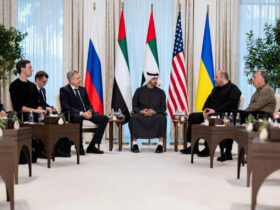
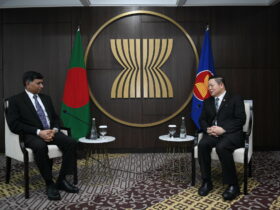
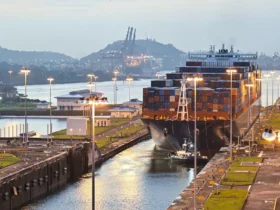
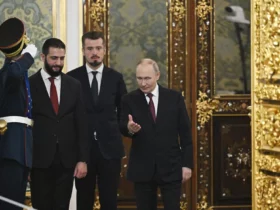
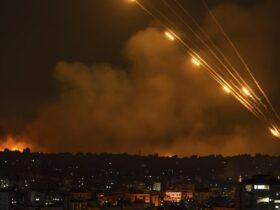
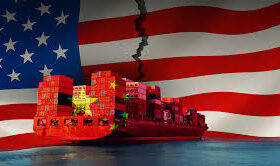
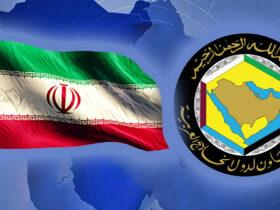
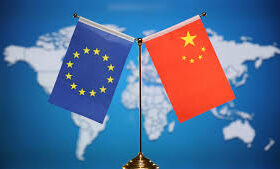

Leave a Reply